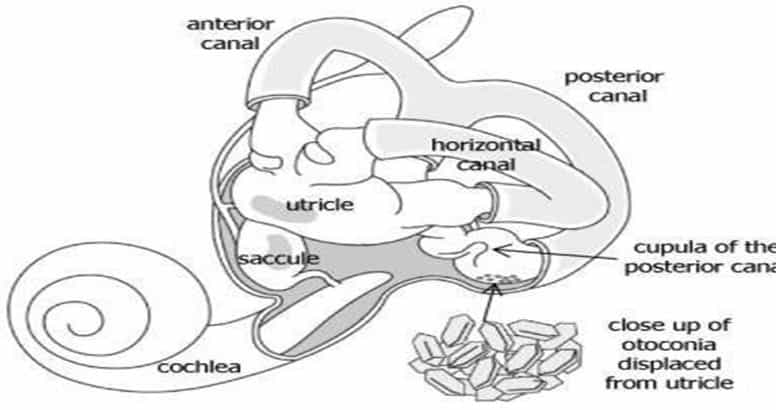
What is BPPV?
Or, to give it its full title, “Benign Paroxysmal Positional Vertigo.”
This is the feeling of extreme dizziness when your head is in a particular position, usually when lying on your side or looking up.
The sensation can be intense for about 10 seconds but can sometimes leave you feeling unwell for hours. It can often make you feel sick.
It is useful to break down the name of this condition to make it a little easier to understand:
Benign – there is no health threat
Paroxysmal – not long lasting
Positional – relating to the position of the head
Vertigo – the correct medical term for dizziness.
Treatment
BPPV can often clear up on its own without intervention but if it persists a short course of treatment which involves moving the head and body in controlled and slow movements will stop the dizziness.
If you feel you may have BPPV it is very useful for the physiotherapist to know about the symptoms you are experiencing. Perhaps you could keep a diary before your appointment noting:
The details of your symptoms and how they make you feel.
Positions that are the most aggravating.
Stiffness or limited movement in your neck.
When and how the symptoms started.
Your past medical history even if you are not sure it is relevant.


Why does this happen?
“Otoconia” are small crystals in the ear canals which play an important role in our balance. When these crystals become dislodged the brain is tricked into thinking that you are moving when you are not.
This may be brought on after a head injury or an infection but also, it can just occur.
Useful Links
Useful Information From The Menieres Society
Patient Information Leaflet On BPPV
Epley Maneuver From BMJ Learning
Specialist Physio

Lucy Langford
BSc (Hons), Human Biology BSc (Hons), MCSP
We are very lucky to have Lucy, a physiotherapist who specialises in BPPV and neurological conditions. Lucy works at both our Ashbourne and Hilton Physio Clinics.
